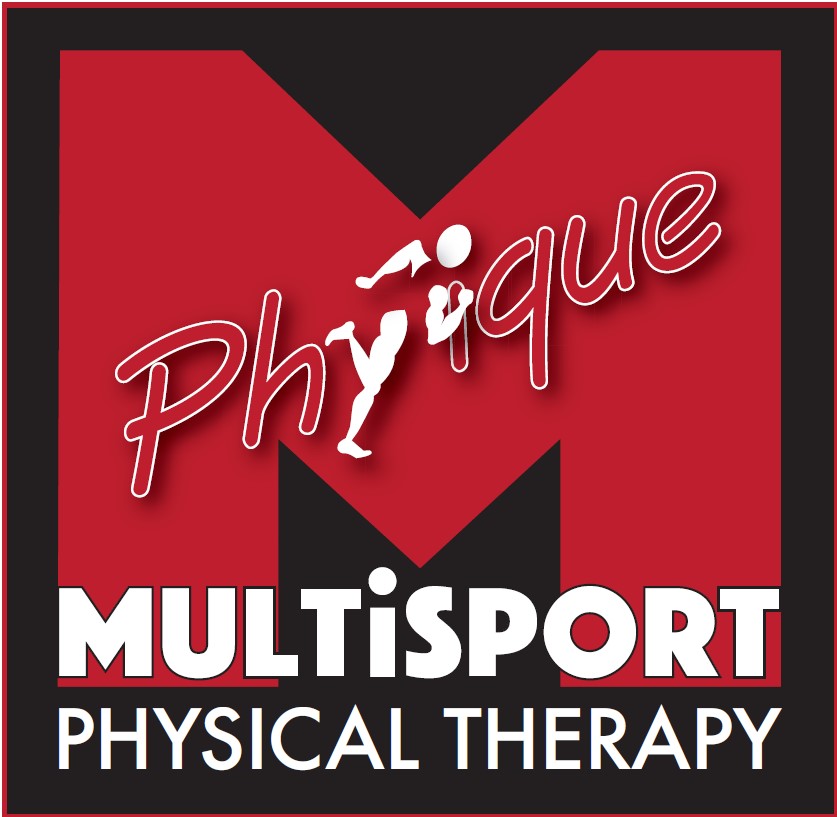Dennis Kasischke

I had the opportunity recently to talk triathlon and Ironman with Tri Club member Dennis Kasischke. Dennis qualified for Kona by winning the men’s 60-64 age group at Ironman Arizona in a time of 12:21:51. Please join me as we get to know Dennis a bit better.
CZ: What was your experience like at Ironman Arizona?
DK: My goal for the race was to qualify for Kona. I had just moved into the new age group and had trained hard so I could get the one spot allotted to the men aged 60-64. Things were not clicking like they should have from the start. My swim was slow, then I had a flat tire on the second loop of the bike. I watched my competition fly past me as I was changing the tire. I finished the bike and thought to myself, you are a runner, use this to your advantage. However, the heat of the day had fried my running legs. On the first loop I passed one of guys in my age group doing a slow walk. This gave me hope that I could move up. I never knew what place I was in, I just kept on running, knowing that the race is not over until you cross the finish line. With one mile to go I slowly passed someone in my age group and couldn’t shake him. I dug in deep and ‘sprinted’ down the finishing straight. I finished and got a quick replenishment at the IV tent. A couple of Tri Club members (Kim and Mike Rouse) helped me to my hotel room where my wife via the telephone told me that I won my age group by twenty minutes. It was a tough, but rewarding day. For any Southern California triathlete this is a must do race. It is nice to not have to pack your bike! You throw it in your car and in 6 hours you are there. The swim is like all IM swims – congested- the bike and the run are three loops that tend to break up the monotony. Last year we had the wind, this year we had the heat. It makes it a challenge. That is why we do them.
CZ: You have been in the sport awhile, what was your first triathlon like?
DK: I was doing duathlons at the time or biathlons as they were called . There were not many races being held so if I added the swim I could enter more races. So my training partner kept dragging me off to the pool trying to teach me how to swim. I must be a slow learner since I still am trying to figure out how to move through the water. Anyway my first triathlon was one of the LA series races at San Dimas in ‘87 or ‘88. It was a 400 yard swim, 9 mile bike followed by a 5K run. I was so bad at swimming that I had my own personal lifeguard with me the whole way on a surfboard. Needless to say, I did not have to wait around for the awards ceremony in the early days. Our equipment was primitive compared to the high tech gear of today. We had the bull horn Scott handlebars with heavy Look pedals. We had nylon covers that you could snap on your rear wheel to make it in to a disk. The wet suits were ill fitting and would tear you up if you did not grease up before the start. Other than that you still needed to be in shape to race with the fast people.
CZ: What was your athletic background prior to triathlon?
DK: I come from a running background. I ran in High School and college (Wayne State in Nebraska). After school I kept on running, specializing in the marathon. My first 26.2 was the Palos Verdes marathon in 1969. I was in the Navy at the time so I spent all my money on a cab ride to the start. I had to hitch hike back to my apartment after the race which was not much fun. The marathons of that time had a time limit of four hours to finish the race. I made it in a few seconds after the cutoff. No T shirt and no official finish time. I eventually got faster and ran a PR of 2:23 qualifying for the ‘72 Olympic Trials. A sciatic injury forced me to take up bike riding to keep fit. It was a good move. My injury healed and I had found a new sport that was a challenge as well as being fun to participate in.
CZ: I’m sure it is along list , but I’d love to hear what Ironman events you have raced?
DK: I am not exactly sure how many IM events I have done. They seem to run together after awhile. I believe I have done around 30. My first one was the 1989 New Zealand Ironman. My time was a little under 11 hours. I qualified for Kona where I finished in 10:37. I continued to go back to New Zealand for 7 more races. I have raced at California, Vineman, Arizona, Coeur d’Alene and Kona. I went to Malaysia and raced, but did not finish because I collided with a motor scooter. I would love to race at other sites, but it is hard to get into some of the races since they fill up so fast. Also you have to sign up a year ahead of time.
CZ: What is so special about racing Ironman Hawaii?
DK: I like the atmosphere surrounding race week. You meet people from around the world who have the same mission as you do. Race as fast as I can. The course is tough, no wet suit, windy bike, and a hot run. The finish is emotional with huge crowds cheering right up to the last finisher. It is a great day to end the season. I have never had what I would call a good race in Kona so I keep on going back looking for that perfect race. I believe this is the year.
CZ: What accomplishment are you most proud of in regards to your triathlon career?
DK: I have always been the person who encourages or persuades people on the sidelines to jump in and join the fun. What kind of shoes should I get or how much do I need to spend on a bike are some of the questions. I will help them get started and train with them to get them on the right path. This approach has worked well and been successful in new talent joining the triathlon world. I have brought numerous people into the sport including my wife. She has finished Kona twice.
CZ: I’ve heard that you have quite a triathlon rivalry with your friend Dick Nordquest. Tell us about that rivalry? Has the rivalry made you a better triathlete?
DK: When I first met Dick 20+ years ago, he was this pudgy out of shape person that happened to be my boss. I was running everyday at lunch time and taking showers under a hose in the parking lot. Dick, being super competitive, told me one day that he could run the 6 mile loop that I ran with no problem. Since I like to encourage people, I said “great lets get you a pair of shoes and we can go run the loop.” Dick ran the loop and was pretty tired when he finished. I said that it was good that he made it back, but the real test would be if he could do it again the next day. He said he was up for it. He made it and a new athlete was born. He got even with me for he was the one who kept on dragging me to the pool trying to teach me how to swim. We are in the same age group. We always do the same races so I was always trying to beat him and he was trying to beat me. He could swim and I could run so every race was catch up for me. We have trained together all these years. We know each other very well and what it takes to beat the other person. It makes the training fun and the racing more fun. It has made both of us better triathletes. Dick has completed 19 Hawaii races in a row. He has 42 Ironman races under his belt. I have come close, but have never beat Dick in Hawaii. This is the year.
CZ: What advice would you share with someone attempting their first Ironman?
DK: There is tons of advice that can be given to a first timer. But, if I had to suggest one thing, it would be to develop your training to concentrate on your weak leg. What I have witnessed over the years is that triathletes concentrate on their strong leg and make do with the other two legs. I recommend working on the weakest link. Then go into the race knowing you can match anyone on that leg. Believe it and race accordingly.
CZ: Of all the places you have raced, which is your favorite venue and why?
DK: I have two spots that I have enjoyed racing at. The first is right in our back yard. Camp Pendleton is a great location to hold a race. I like it the best for pure logistics reasons and its raw beauty. No hotels, no planes. Sleep in your own bed and drive to the race site. You have got to love the simplicity of that. My second choice would be New Zealand. It is a long trip, but well worth it. The people are some of the most down to earth people you will ever meet. They will invite you to their house for dinner, drive you around the country or help you see anything in their country. With New Zealand you are in a foreign country that speaks English, has food that you are familiar with and has people that love any type of athletic competition. That is why I have gone down under 8 times to race the Ironman.
CZ: What is the funniest thing you have witnessed in the sport?
DK: I was racing a duathlon in Tucson, AZ in 1999 and Bob Macy had just passed me on the bike to take the lead in our age group. I saw a rabbit dart from the shrubs on the side of the rode and straight into his front 4-spoked wheel! Fur was flying everywhere!! And Bob somehow kept his bike upright as he slammed on the brakes and I passed by to take the age group win. If anyone is wondering how the rabbit is, well, he didn’t make it.
CZ: I did that same race and Bob told me the story a couple months later. He said he had rabbit blood, guts and fur stuck all over the front of his sweaty body as he climbed off the bike in T2. That is a classic! You are fairly new Tri Club Member and we are very happy to have you in our ranks. Why did you join the club?
DK: My wife and I joined primarily to do the duathlon series the club puts on. We really enjoy doing those races. They are short, but you certainly can get your heart rate up. The food and socializing afterwards is always great.
CZ: Your wife, Kathy, is a professional duathlete. What would our members find surprising about life as a multi-sport professional?
DK: First of all, she isn’t a professional athlete, she works full time as an Electrical Engineer so she is really an Elite athlete and doesn’t lead any different life than most other people reading this that work an 8-hour a day desk job. Racing on the ITU duathlon circuit the past two years required a lot of travel to many states and countries (duathlon is very popular in Europe). Traveling is hard on an athlete because of time zone changes, different food, not sleeping in your own bed, etc, so traveling frequently and having a great race is pretty difficult and she only went to a handful of races. Most of the true professionals are traveling a good portion of the year.
CZ: What are you future triathlon goals?
DK: As I stated earlier I am still looking for the good race at Kona. I might add I am also looking to beat Dick there for the first time also. So if this years’ race turns out not to be the year, then I will have to go back and try it again. I would also like to race in Brazil or South Africa in the coming years. The Xterra series is also a possibility. I love to race, I love to train, and I love being in shape so I will continue on showing up at the races as long as I can.
CZ: Dennis, thank you so much for allowing us to get to know you better. We wish you the best at beating Dick in Kona. And good luck to both you and Kathy with the rest of your 2006 race schedule!








